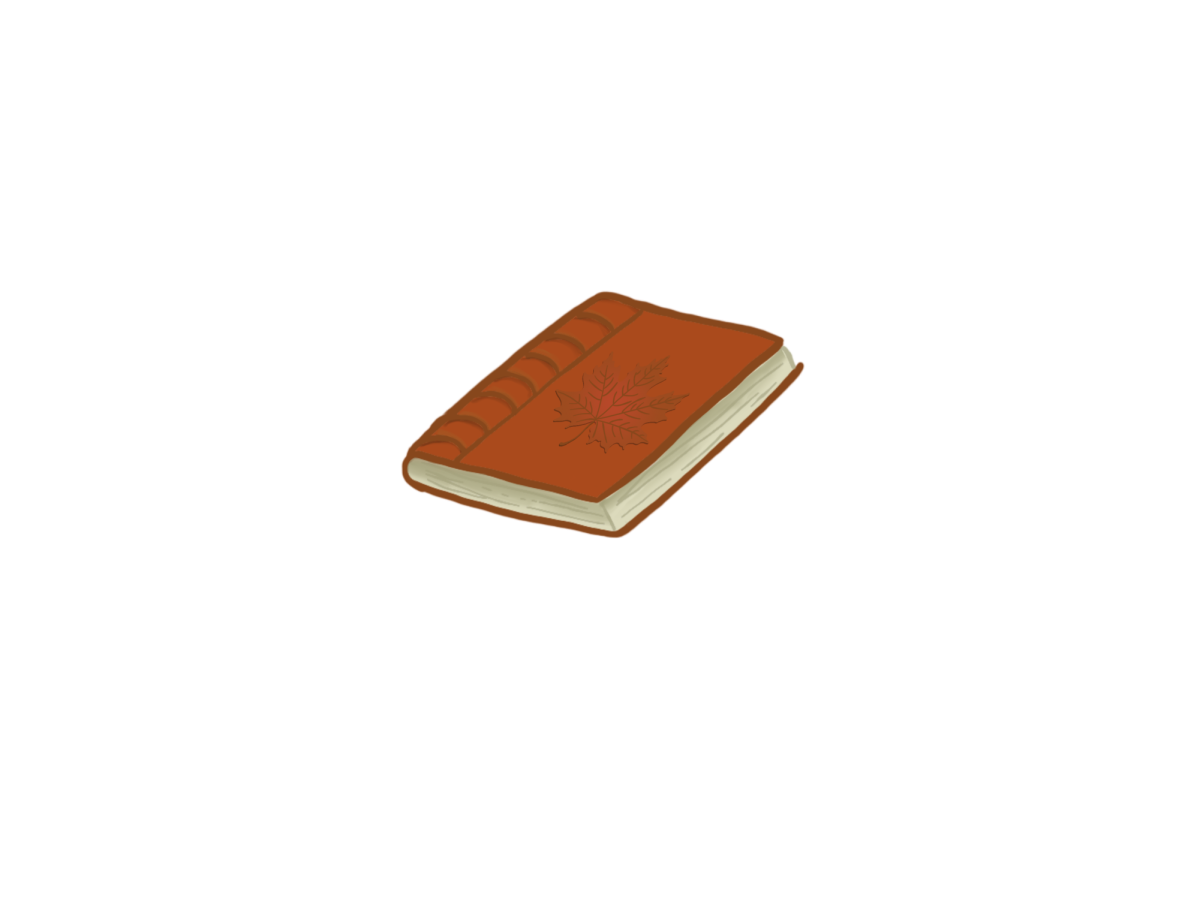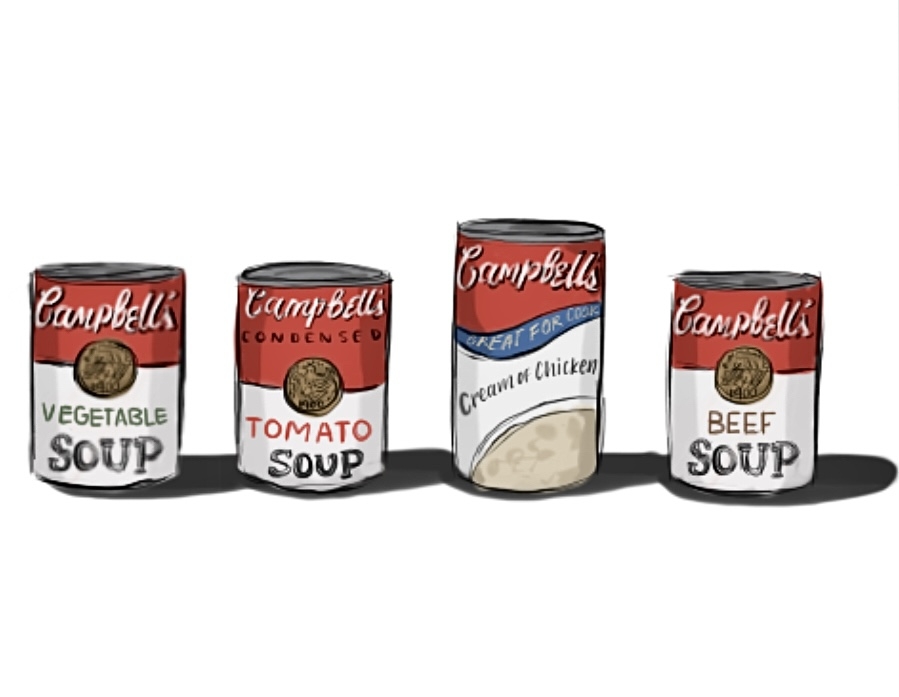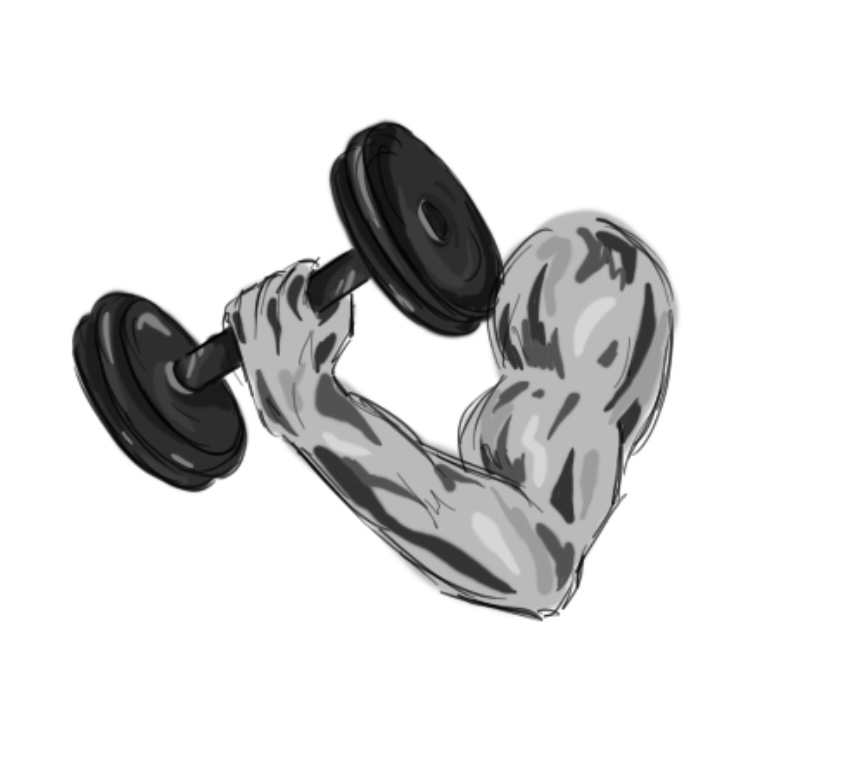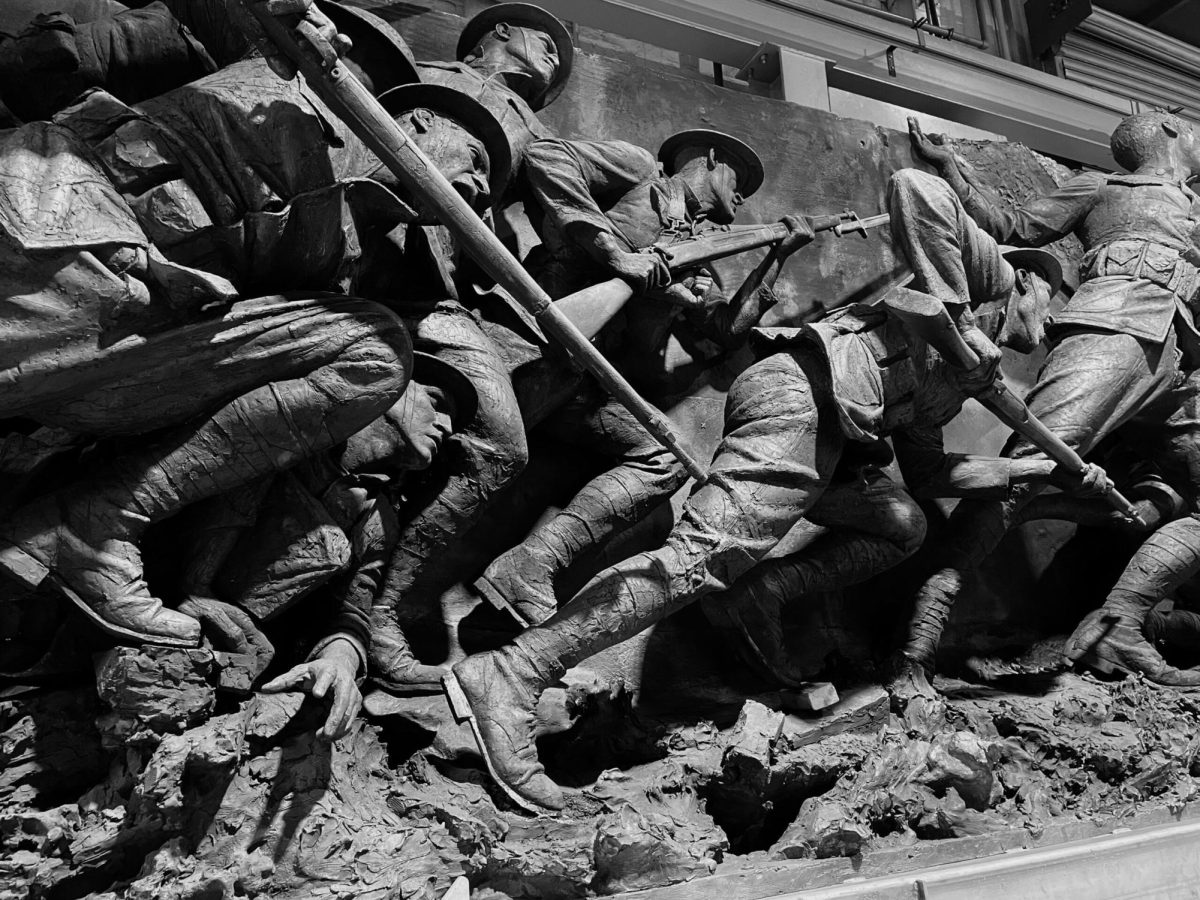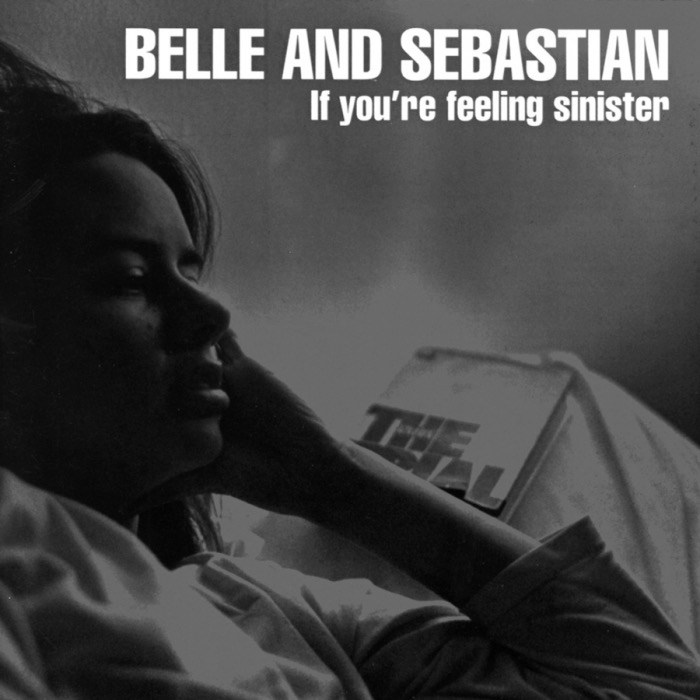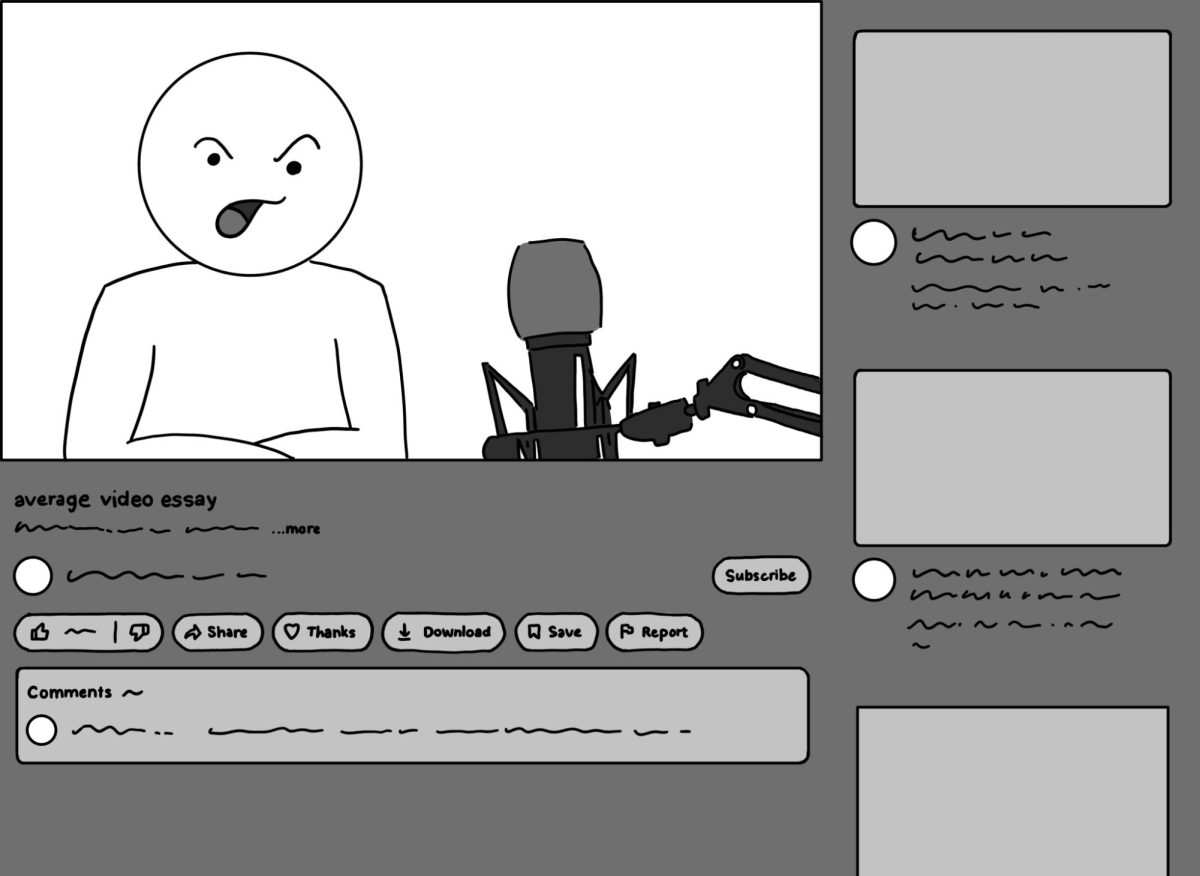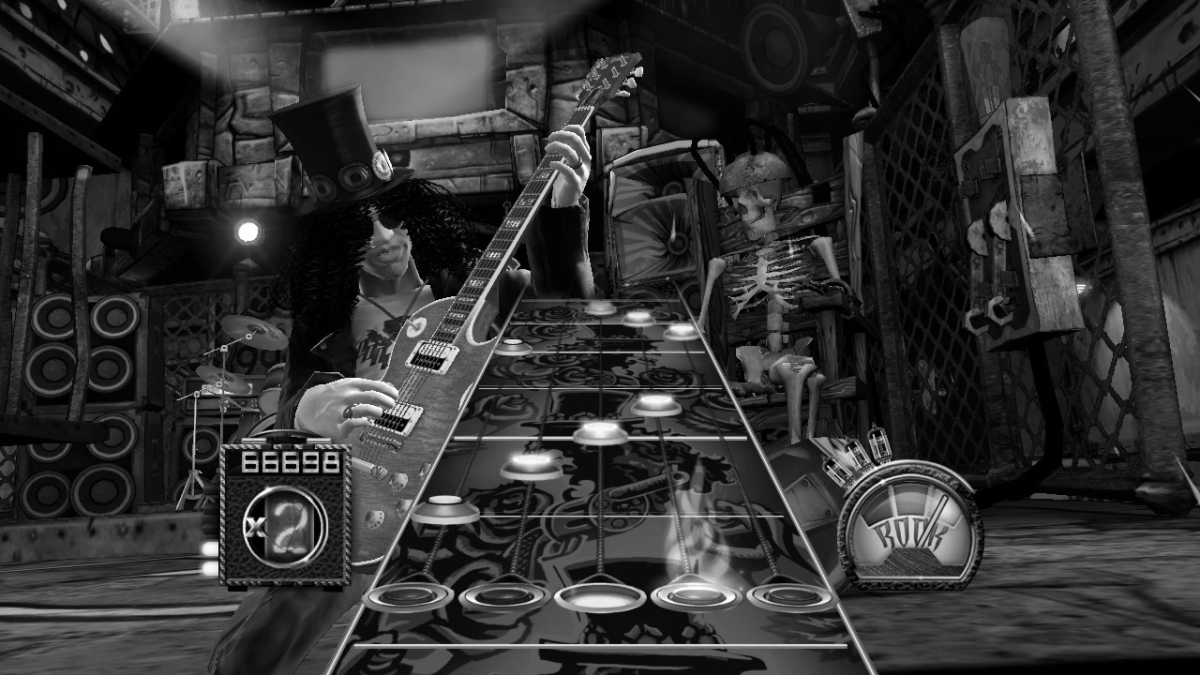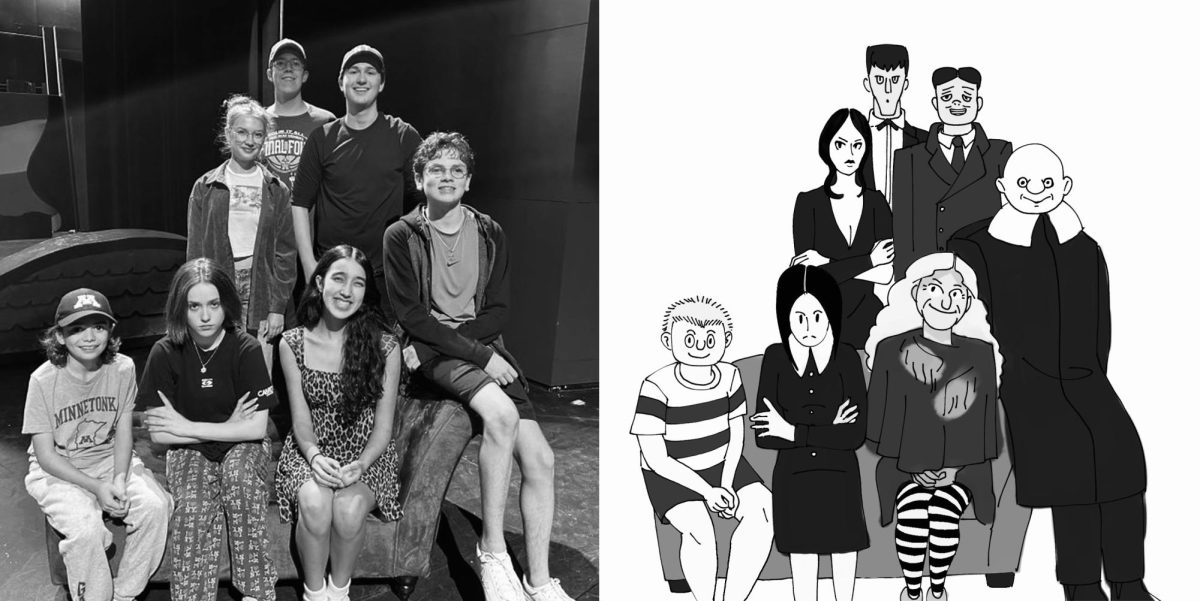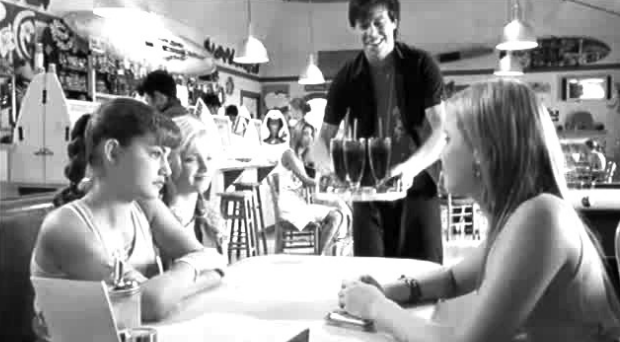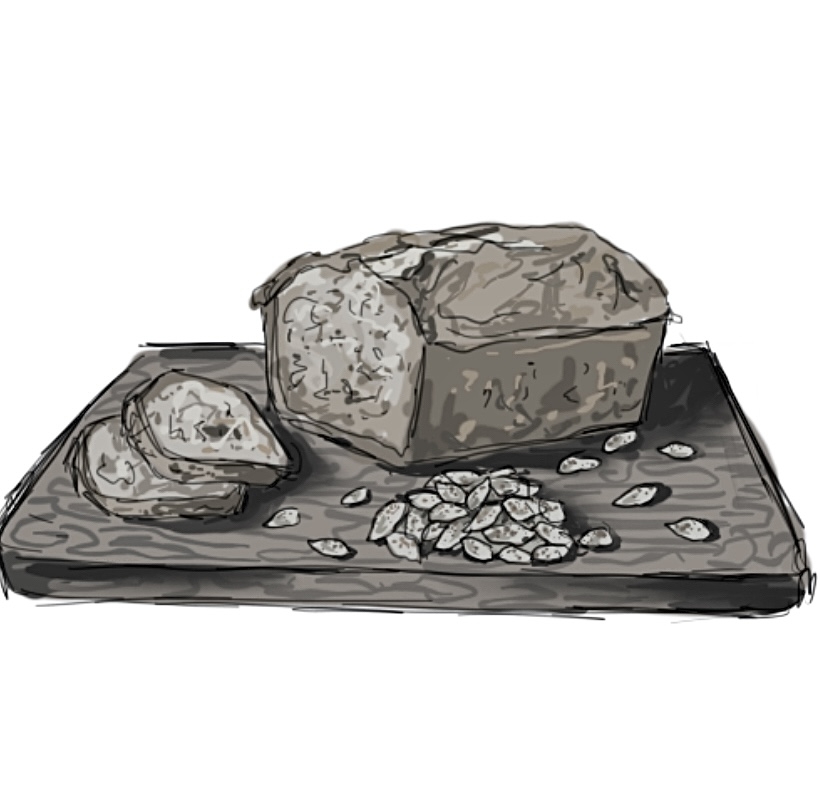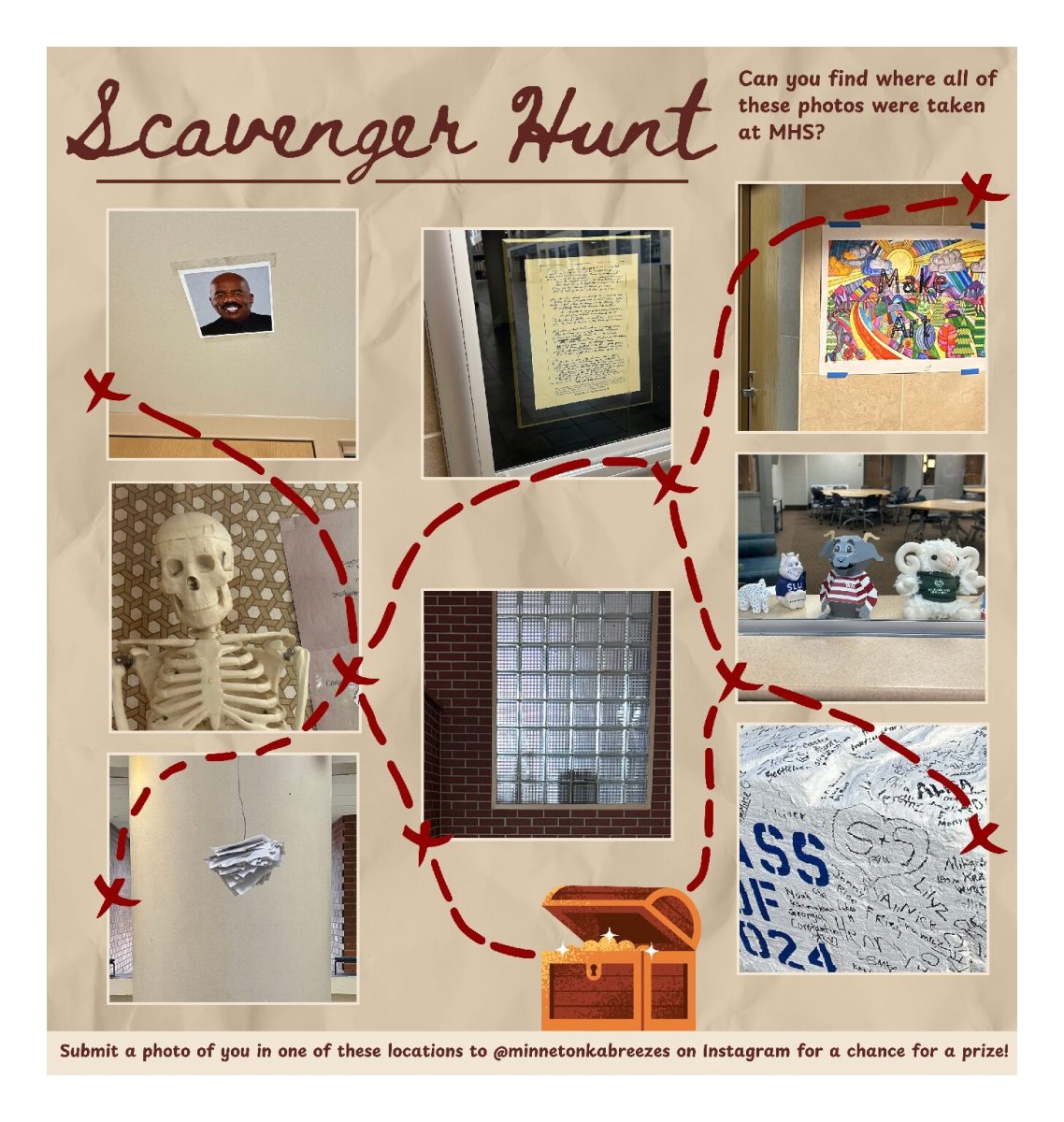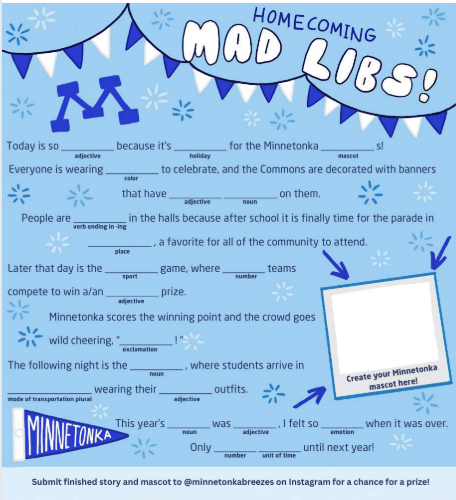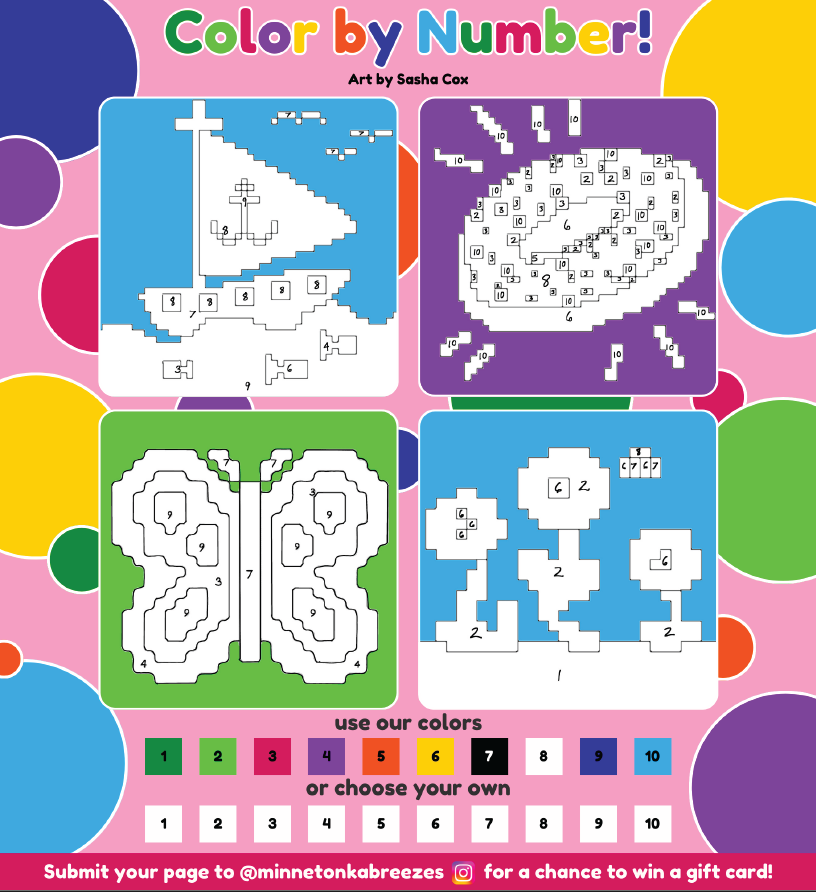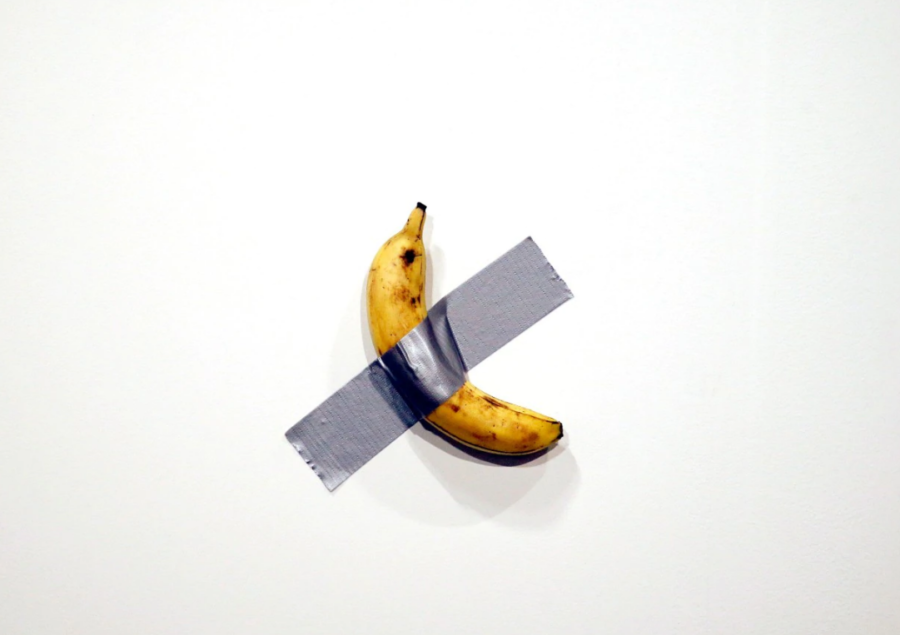The A-peeling Artwork That’s Splitting the Art World
December 20, 2019
Can a banana be sold for $120,000? Maurizio Cattelan, the famed artist behind controversial works like a gold toilet titled America, has found that indeed one can. His most recent artwork is a series of three slightly overripe bananas duct-taped to a wall in the Art Basel Miami. Titled Comedian, the art piece has certainly generated its fair share of controversy. What is more controversial, however, is the fact that each banana was sold for around $120,000 to $150,000 to three separate buyers.
This, of course, has led to an immense uproar. Is art over? The art world is in quite a state of confusion, with many critics declaring this a work of genius and others decrying it the end of art as we know it. So how could this possibly be a work of genius? The answer lies in Cattelan’s history as an artist.
Cattelan considers himself a contemporary artist, a type of art that is specifically made to be outside of the box and follow no rules. In 2016, he replaced a toilet in the bathroom of the Guggenheim, a world renowned art museum in Manhattan, with a working gold toilet that he had titled America. He invited visitors to make use of the toilet, and during its first showing, it was offered to the White House. The offer was declined, but visitors certainly made use of the 18-karat gold toilet.
However, on September 14, 2019, the work was stolen from the Guggenheim. While multiple people have been arrested, it is unclear as to whether or not they are the real thieves, and the art has yet to be found. Interestingly enough, many people believed the theft to be a hoax, or another political statement from Cattelan. In 1996, he stole every object he possibly could from an art gallery in the Netherlands and passed them off as his own in an attempt to comment on the displacement of art.
Based on all of this history, it becomes far more clear as to why these bananas could be taken as a broader statement. Could it be commentary on the establishment that has been puppy-guarding art for the last few decades? Is it a statement on the deterioration of contemporary art? Is it a protest against the wealthy who indistiguishingly purchase any art that tickles their fancy? The art must be some work of genius by Cattelan. After all, what could be more genius selling three $0.30 bananas from an Italian market for $120,000 each? It feels as though the piece is making fun of the very people who bought it, and since it is aptly named Comedian, perhaps it is.
On the contrary, some find this piece to be an insult to the art world. After all, it is quite disturbing that a banana can be sold for this much while there are so many artists around the world who are struggling to get noticed for works they have put years into. To most, a banana could never be worth $120,000, and that money should have gone toward one of the many other artworks displayed at the Art Basel Miami. To others, the question really boils down to this: is the banana part of the establishment it appears to be mocking?
The insights of a few MHS students reveal how differently people view these pieces.
Eliot Yeshaya, ‘23, does not think this is art.
“I see rich people trying to flex by throwing away their money,” he said.
When questioned as to why he felt this way, Yeshaya commented that “there was clearly no effort or artistic process that went into this. If it’s all an interpretation, then anyone can give meaning to a Cheerio on a candle and call it art.”
He also believes that there is no intended meaning behind the artwork.
“If I were to make a commentary on the state of this piece of art,” he said, “I’d draw a dot in the middle of a blank canvas to show how little effort went into this.”
Tessa Ramsden, ‘21, had an entirely different take on it.
“It seems like it’s experimenting with straight lines or curved lines and has very opposing colors between the banana and the duct tape,” she said. “I think any experimentation can be considered art.”
Ramsden doesn’t agree with the commentary, however.
“I can see the criticism the artwork might be making about the world, but I disagree with it,” she noted. “I think the simplicity of some choices like artwork can be incredibly beautiful and moving.”
The story appeared to be over when on Saturday, December 7, something groundbreaking happened. The banana was eaten. Performance artist David Datuna ate it at 1:45 pm in the middle of the gallery it was presented in. Naturally, the museum curators and visitors were rather bemused, as it was indeed a banana, but nobody had thought to ingest it.
Emmanuel Perrotin, the owner of the gallery, rushed in immediately to undo the damage, and by 2 pm, the $120,000 banana resting solemnly in the stomach of one David Datuna had been replaced. Taped to the wall of the Art Basel Miami was a new banana. Datuna was reportedly not involved with Cattelan and was not supposed to consume the $120,000 item, but he did. Remarkably, he was not arrested.
So naturally, in the light of this new development, it was necessary to re-interview Yeshaya and Ramsden.
Yeshaya found the development unimportant.
“The work is an analogy,” he responded. “The banana is just a replaceable item.”
He wasn’t wrong. The actual item that cost $120,000 was not the banana, but a Certificate of Authenticity. A Certificate of Authenticity is what proves that a work of art is the real thing, and since a banana has to be replaced often to avoid rot, the Certificate is the only thing proving that it’s not just a banana taped to a wall.
Ramsden also felt that the development changed nothing.
“That’s really funny,” she said. “But I don’t think it changes my view of the artwork. I feel like it’s rude to eat someone else’s banana art, though.”
It’s clear that this piece of art has achieved the controversy it aimed to create. The question is now one in the eyes of the beholder: do you believe that this artwork is worth $120,000? Is it another brilliant installment by a genius commentator, or simply a banana taped to a wall?
(Update: As of Monday, December 9, the banana has been removed from the Art Basel Miami due to health and safety risks posed by the crowd.).



